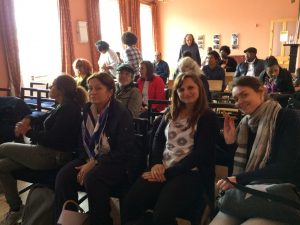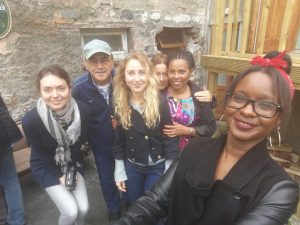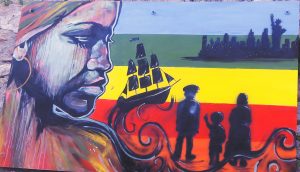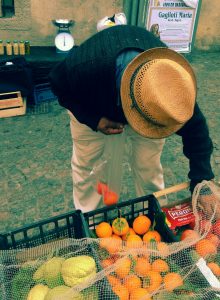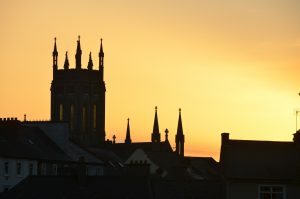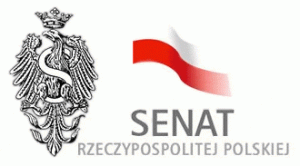Fundacja Barka poszukuje pracownika programu pomocy bezdomnym obywatelom krajów Europy Środkowo- Wschodniej w Reykjaviku
Fundacja Barka poszukuje pracownika pilotażowego 6-miesięcznego programu pomocy bezdomnym obywatelom krajów Europy Środkowo-Wschodniej w Reykjaviku. Barka prowadzi od 10 lat programy pomocowe m.in. w Londynie, Dublinie, Hadze, Rotterdamie, Antwerpii. Projekt prowadzony będzie we współpracy z Urzędem Miasta Reykjavik. Jego celem jest pomoc obywatelom krajów Europy Środkowo-Wschodniej w wyjściu z bezdomności, uzależnień i innych trudności życiowych. Projekt będzie prowadzić holenderski oddział fundacji Barka.
Strony internetowe Fundacji Barka w Polsce oraz holenderskiego oddziału: www.barka.org.pl , www.barkanl.org
Opis stanowiska pracy: praca w dwuosobowym zespole z osobą mającą osobiste doświadczenie bezdomności i uzależnień, które przezwyciężyła; praca w miejscach pobytu osób bezdomnych w Reykjaviku ( noclegownia, centra dziennego pobytu i inne miejsca)
Wymagania: narodowość polska, wykształcenie wyższe ( preferowane nauki społeczne), dobra znajomość j.angielskiego, znajomość j.islandzkiego będzie dodatkowym atutem, gotowość do odbycia dwutygodniowego szkolenia w Holandii i Polsce jako etap rekrutacji.
Miejsce pracy : Reykjavik
Wymiar czasu pracy: pełen etat
Przewidywany czas rozpoczęcia pracy: grudzień 2016
Pierwszym etapem rekrutacji będzie rozmowa kwalifikacyjna w listopadzie 2016 ( 24-25 listopad) w Reykjaviku. Drugim etapem rekrutacji będzie dwutygodniowe szkolenie w Holandii i w Polsce, w projektach Fundacji Barka w listopadzie/grudniu 2016.
Osoby zainteresowane prosimy o przesłanie cv oraz listu motywacyjnego na adres: office@barkanl.org do 22 listopada 2016.
Barka Foundation is looking for a Polish employee to a support programme for homeless Middle and Eastern European nationals
Barka Foundation is looking for a Polish employee for a 6 month pilot support project for homeless Middle and Eastern European nationals in Reykjavik. Barka has been running support programmes for vulnerable and homeless persons in London, Dublin, The Hague, Rotterdam, Antwerp for 10 years, The project in Reykjavik will be run in cooperation with Reykjavik municipality. The aim of the project is support and guidance in overcoming homelessness, addictions and other life difficulties to homeless Middle and Eastern European nationals in Reykjavik. The programme will be run by the Dutch branch of Barka Foundation.
Websites: www.barka.org.pl , www.barkanl.org
Job description: work in two-person team together with an experienced employee, who had himself a personal experience of homelessness and addiction in the past; working at places where homeless persons come to in Reykjavik ( night shelter, day shelters etc); full time work.
Requirements: Polish nationality, higher education ( preferred in the field of social sciences); good command of English language; good command of Icelandic language will be an extra asset; willingness to participate in a 2-weeks training in the Netherlands and Poland as a part of recruitment process.
The project will start in December 2016.
The first stage of he recruitment process will be an interview. Interviews will take place on 24th and 25th of November 2016 in Reykjavik. The second stage of the recruitment process will be a 1-2 week training in Barka projects in the Netherlands/Poland in November/December 2016.
Please apply with a detailed cv and a motivation letter to office@barkanl.org by 22nd of November 2016.

